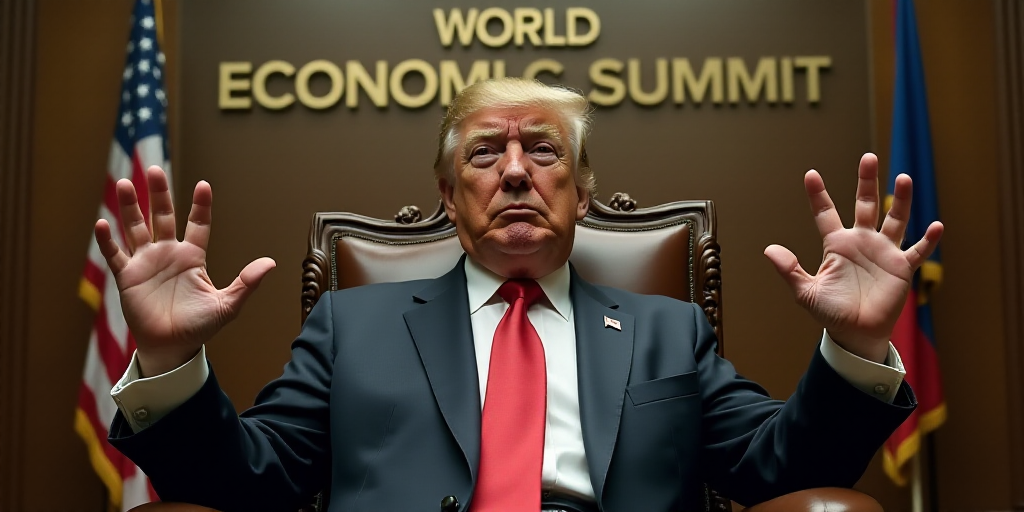Background on Key Figures and Context
The possibility of a US attack against Iran has highlighted the divisions within the coalition that brought President Donald Trump to power. Some of his most prominent Republican allies, including former advisor Steve Bannon, have found themselves in the unusual position of disagreeing with a president who shares many of their isolationist tendencies.
Steve Bannon, one of many influential voices in Trump’s “America First” coalition, urged caution regarding the possibility of US military involvement alongside Israel to attempt destroying Iran’s nuclear program in the absence of an agreement. Bannon warned, “We can’t do this again,” referring to past conflicts like the Iraq War.
Jack Posobiec, another prominent MAGA figure, echoed Bannon’s concerns on his popular “War Room” podcast. Posobiec emphasized that involving the US in regime change efforts would be undesirable, stating, “The goal is to avoid US involvement in a regime change that leads to unintended consequences.”
Divisions within the Republican Party
The anti-interventionist sector of the Republican Party is alarmed as Trump shifts from seeking a deal to potentially supporting Israel’s military campaign, including the use of a 30,000-pound bunker-busting bomb to destroy underground facilities.
Key Questions and Answers
- Who are the key figures mentioned? Steve Bannon and Jack Posobiec, both prominent supporters of President Trump’s “Make America Great Again” (MAGA) movement.
- What are their concerns regarding a potential US attack on Iran? Both Bannon and Posobiec urge caution, warning against entangling the US in another Middle Eastern conflict and emphasizing that regime change should come from within Iran, not through external military intervention.
- Why are these divisions significant? These divisions highlight the tension between Trump’s isolationist tendencies and his potential willingness to engage in military action against Iran, which could have far-reaching consequences for US foreign policy and international relations.
Contextualizing the Situation
The debate within Trump’s political base reflects broader concerns about the potential repercussions of a US-led military action against Iran. Critics argue that such an intervention would destabilize the region, lead to loss of life, and divert resources from domestic priorities. Supporters of military action, on the other hand, contend that a strong stance is necessary to counter Iran’s destabilizing activities and protect US interests in the Middle East.
As tensions escalate, it remains to be seen how President Trump will balance the demands of his supporters and the potential consequences of military action against Iran. The outcome will likely have significant implications for US foreign policy, regional stability, and the global non-proliferation regime.






